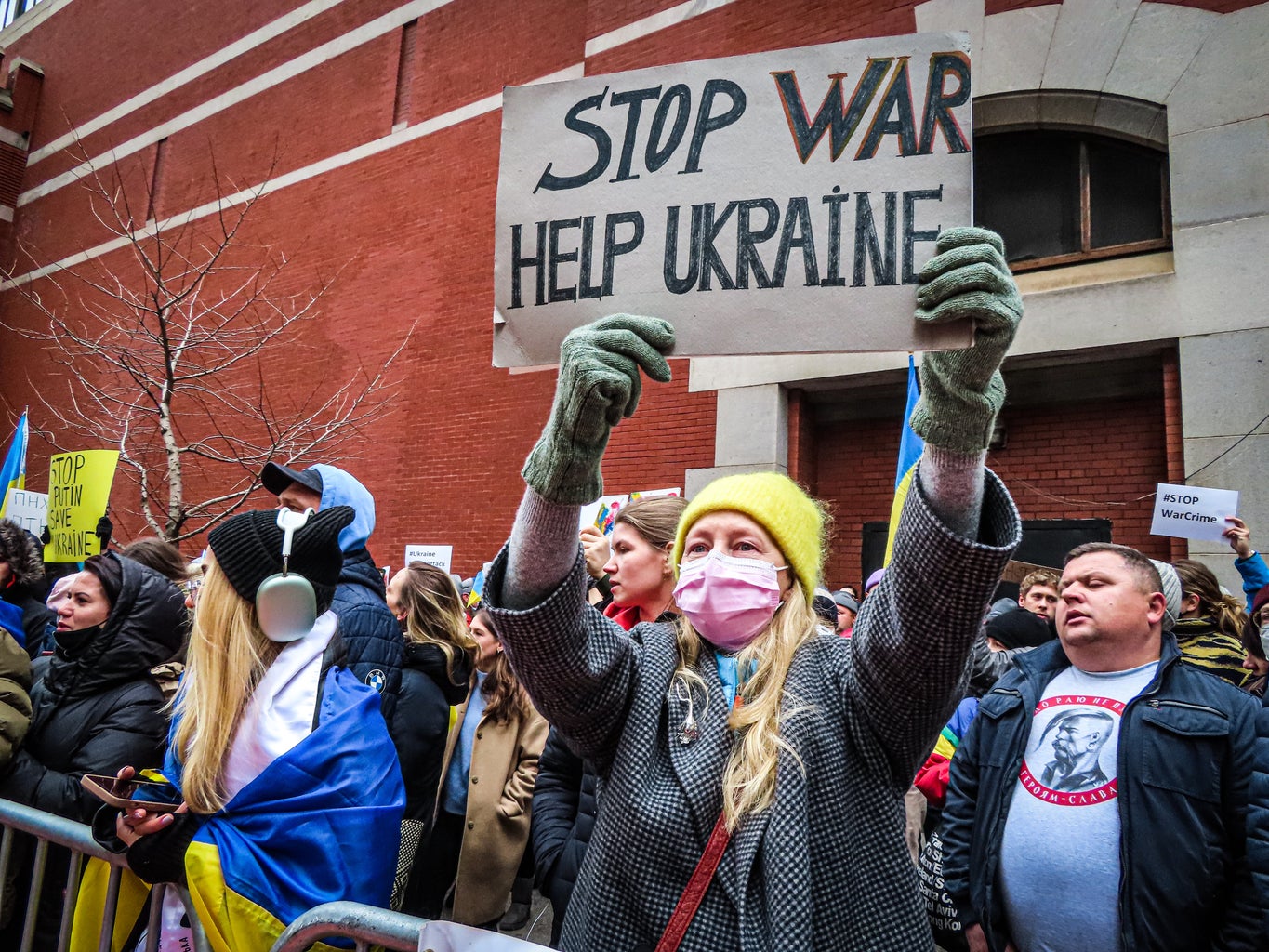Ever since our generation can remember, there has been at least one conflict happening in the world. But why do certain ones get more attention than others? Are they less important than the ones that get attention from the media? Let’s try and understand it.
With the recent emergence of a war in Ukraine, the media has been continuously reporting every detail of the humanitarian crisis and most importantly: humanizing the victims by telling their personal stories. Due to the amount of information that we have about the war and the individuals that are living it, we, as a society, create a feeling of empathy, which does not happen when the media doesn’t try to humanize these people.
Constantly, the divergence between how the resistance in different scenarios is reported by the media can be noticed. With the war in Ukraine, several reporters have celebrated acts of resistance, while these same acts in territories such as Palestine have always been portrayed as acts of terrorism. The civilians in Gaza don’t have an army, and even without any military force, they are not being helped by the West.
Western journalism has normalized tragedies in some parts of the world – the Middle East, Africa, South Asia, and Latin America – to the point that when it’s not happening in these places, it becomes instantly more important and worthy of compassion than in the marginalized areas of the globe. And it can be noticed by some comments that were made recently with the media coverage of Ukraine, including how the Ukrainian refugees were dressed, as they “didn’t look like refugees trying to get away from areas in the Middle East” and “looked like any European family that you would live next door to” – as Peter Dobbie, Al Jazeera’s anchor, said.
The impudent comments that are being made reflect the disparity of treatment offered to Ukrainian and Palestinian refugees. While one is being well received by several countries, – as they should be – the other has to face discrimination and is deprived of rights daily.
The double standard on forced displacement is noticeable in countries that offered shelter, food, and aid to Ukrainian refugees, like Poland, that not a long time ago was accused of allowing security forces to torture refugees from Palestine, Iraq, Syria, and Afghanistan. In the meantime, in Hungary, a fence was constructed to stop refugees from entering their territory. And, apparently, none of these stories were important enough for western journalism to report.
——-
The article above was edited by Carolina Azevedo.
Like this type of content? Check out Her Campus Casper Libero for more!




